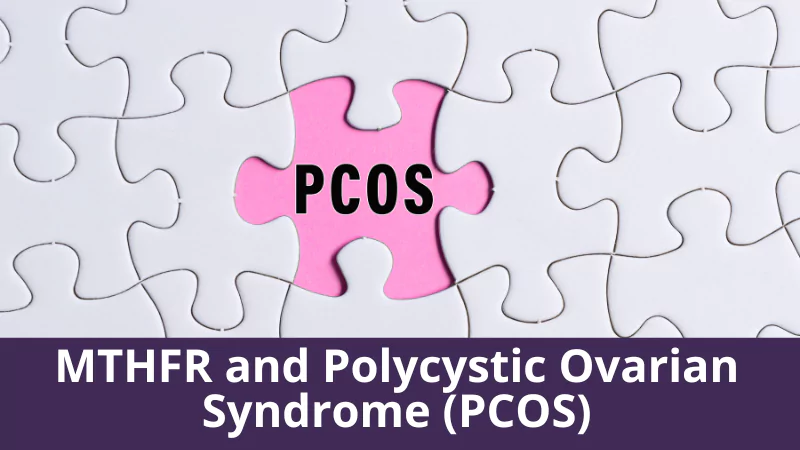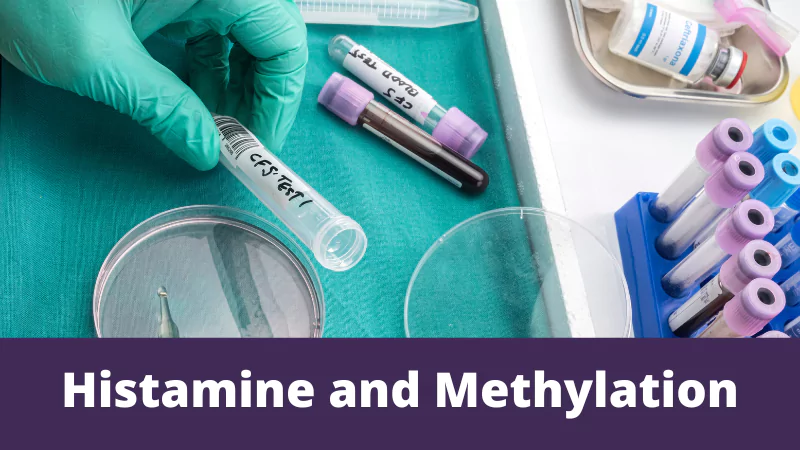Ingredients:
- 2 medium avocados
- 1.2 medium lemon, juiced
- 1 clove garlic, crushed
- A little freshly cracked black pepper
Method:
- Place all ingredients in a food processor and mix until smooth. It is also easy to make by hand – simply mash the avocado well with a potato masher or fork and add other ingredients.
- Refrigerate and use as a spread, dip for vegetable sticks or add to salads. It should not be made too long before eating, otherwise it can go brown.
- Alternatively add some lemon juice to cover the top of the guacamole to prevent it from going brown.
- Serve and eat with organic corn chips, gluten free biscuits or home made crisps.
PRINT THIS RECIPE!









